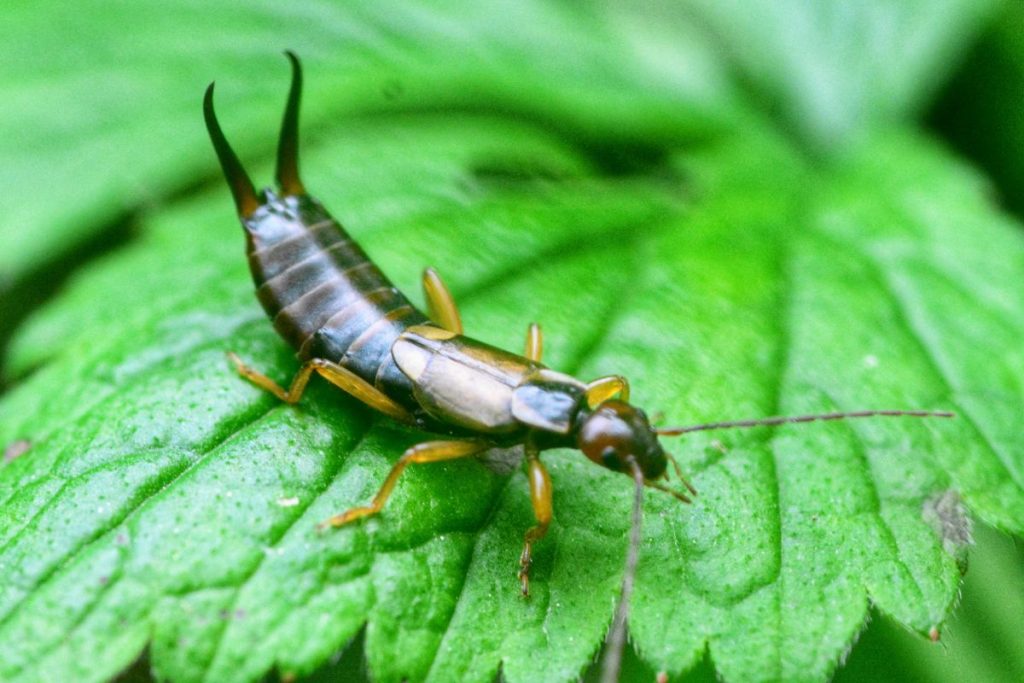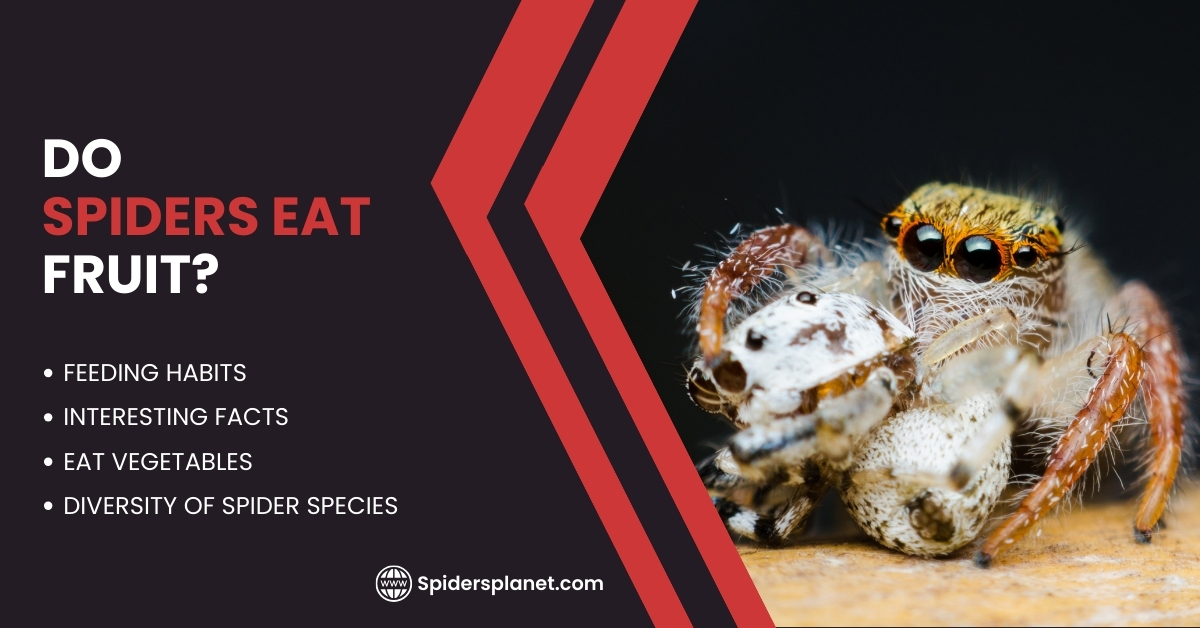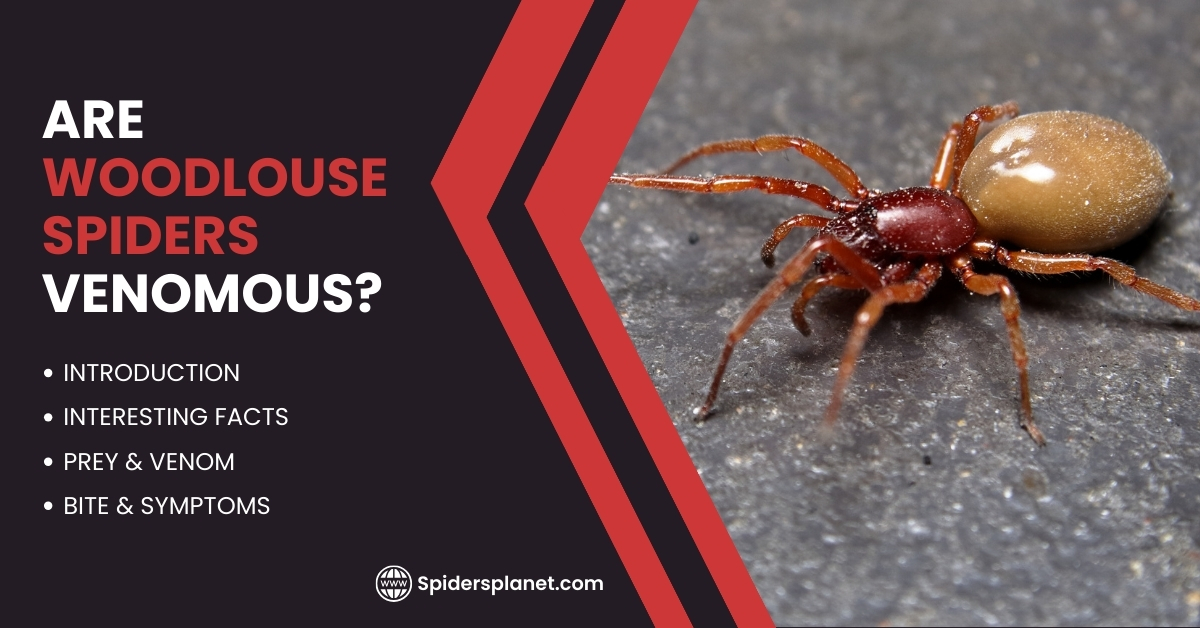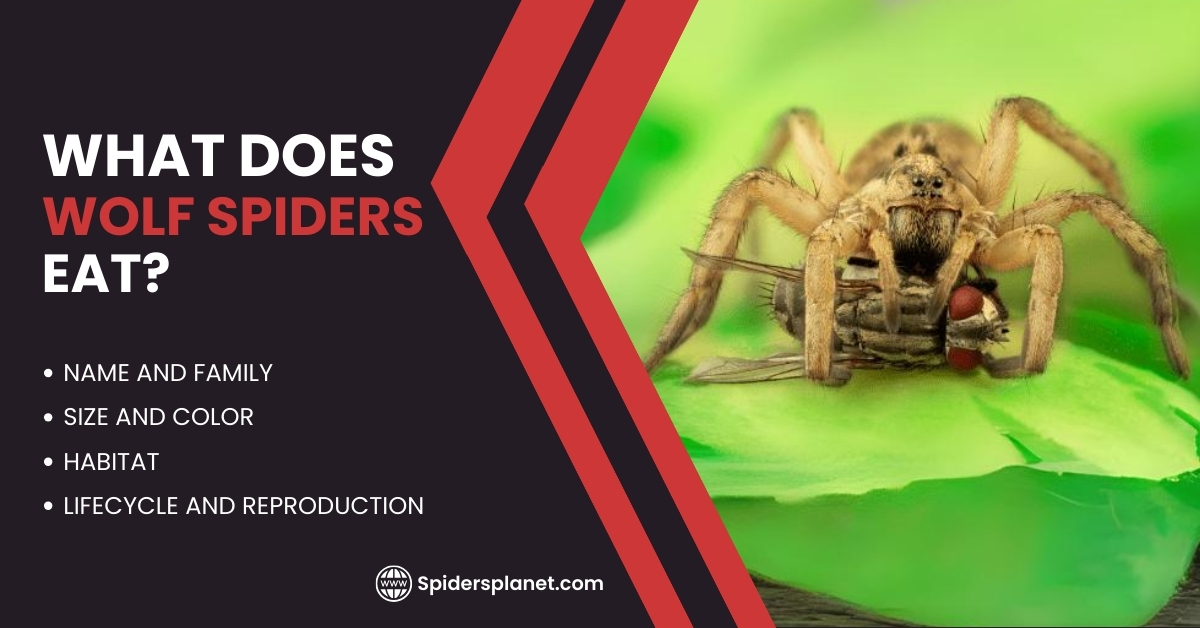Spiders are carnivorous which means they generally eat insects and other small animals! But, what they eat also depends on their size. For example, small spiders typically go after prey like flies or mosquitoes, whereas larger spiders tend to eat larger prey such as frogs or lizards.
But, what about earwigs? The short answer is yes! Spiders do eat earwigs! However, it’s usually the small spider species that eat this kind of prey.
When it comes to large spiders like tarantulas or wolf spiders they prefer to go after larger prey, such as beetles, crickets, or grubs as they require more nutrients and protein for their development.
Types Of Spiders That Eat Earwigs
Now that you know there are some spiders that do eat earwigs, you may be wondering which type of spiders are most likely to include these insects in their diet.
Spiders That Eat Earwigs:
- Garden Spiders
- Jumping Spiders
- House Spiders
One spider that will feast on earwigs is the “European Garden Spider“, which can vary in size and color. Typically these spiders range in length fully grown females are (0.26 to 0.79 in), while the males range from (0.22 to 0.51 in).
The garden spider is more likely to come in contact with earwigs since they both nest and hunt in the same areas. The same goes for jumping spiders which also hunt in the same areas.
House Spiders are another type that feeds on earwigs. In fact, house spiders have been caught in the act of catching and eating earwigs as seen in the video below.
Related Articles:
How Do Spiders Catch And Eat Earwigs?
Most spiders will wait patiently for their prey to stumble into their web. Once ensnared, the spider will quickly move in for the kill. But how do spiders eat earwigs exactly?
Well, the first step is to immobilize the earwig with venom. This venom not only paralyzes the earwig but also starts to break down its internal tissues, making it easier for the spider to digest.
Next, the spider will wrap the earwig in silk, constricting it like a python would its prey. This helps to keep the earwig from squirming and escaping while also further tenderizing its flesh.
Once the earwig is sufficiently wrapped up, the spider will begin feeding, using its fangs to pierce the earwig’s exoskeleton and sucks out its bodily fluids.
Finally, the spider will discard the earwig’s empty husk and move on in search of its next meal.
Related Article:
How Often Do Spiders Eat Earwigs?
While most people think of spiders as ferocious predators, the truth is that they are actually quite picky eaters. In fact, studies have shown that spiders typically only eat about once a week.
So, how often do spiders eat earwigs? While there is no hard and fast rule, it is generally believed that spiders don’t eat them that often. This is because earwigs are relatively small and not very nutritious.
Spiders also have difficulty digesting earwigs, so they tend to avoid them if possible. However, if a spider is particularly hungry, it may resort to eating an earwig.
Ultimately, the frequency with which spiders eat earwigs depends on a number of factors, including the size and degree of hunger of the spider.

Are They Healthy For Spiders?
Now that you know a bit more about whether spiders eat earwigs, you may be wondering if these insects are actually good for them. After all, if they are such picky eaters, why would they bother to eat something that is not very nutritious?
The answer lies in the fact that while earwigs may not be particularly healthy for spiders, they can still provide some benefits.
For example, eating an earwig can help a spider survive if there are no other food sources available. Additionally, while earwigs may not be very nutritious, they can still provide some sustenance, which is better than nothing at all.
Conclusion
In the end, whether or not spiders should eat earwigs is a personal decision. Some spider enthusiasts believe that it is better to avoid them altogether, while others believe that there is no harm in occasional indulgence. Ultimately, the choice is up to you.
Related Article:



